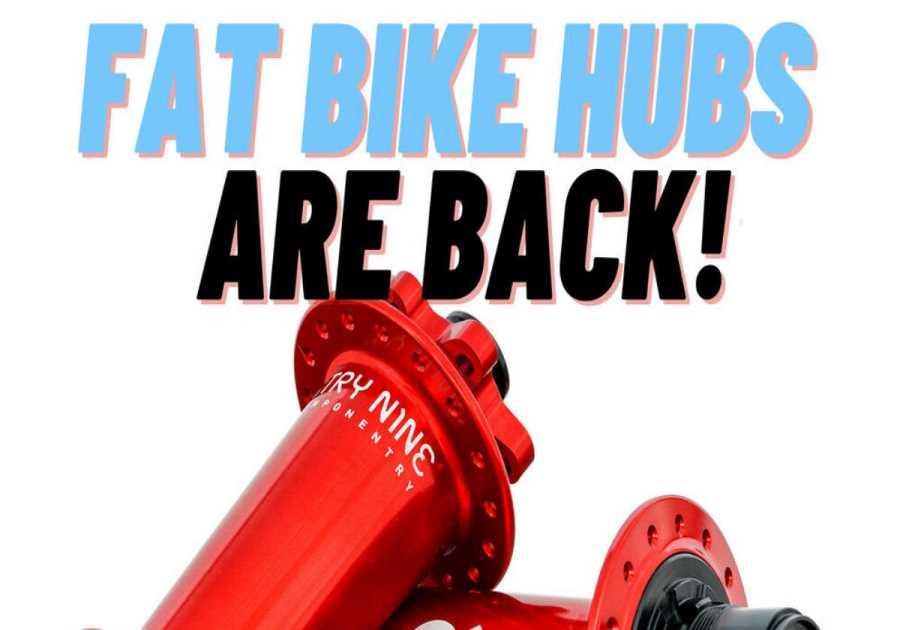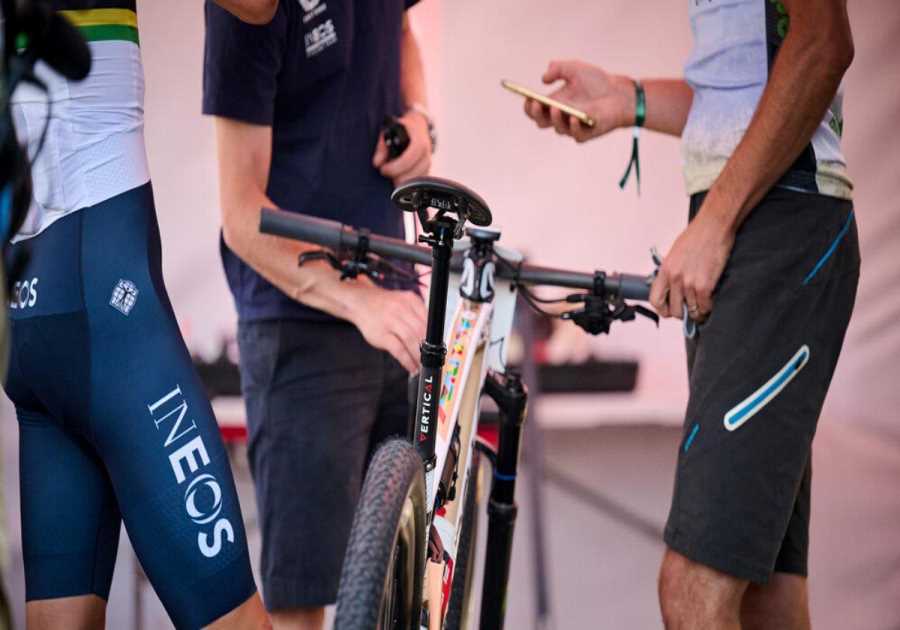HOSTED BY: https://fatmtnbike.com
TODAY'S RIDE
‘Sometimes enough is enough,’ says Matteo Trentin, but rarely does anything change
The same week Philippe Gilbert donned a golden helmet to bid farewell to a glittering career, Matteo Trentin stood in a nondescript car park readying himself for yet another race as his season wound to an end.
The pair often find themselves the lone duo representing the peloton on issues of safety and fighting for the collective rights and standards of the riders. As Gilbert bids farewell, Trentin (seven years his junior) now stands as one of the lone, senior voices of the bunch who’s willing to stick his neck out, risking the ire of race organisers and the UCI.
“Because sometimes enough is enough,” Trentin tells CyclingTips as to why he often finds himself a singular outspoken voice on issues of safety, why he feels the duty to do so when many of his peers chose not to. “I have two kids, a wife, I have a father and a mother. I am a son and I am a father and I’m a husband. So why should people have to worry about me in the race?
“They worry enough when I’m in training. I do 70 race days a year so only one quarter of the year I’m racing but the other three quarters I’m out training. So it’s really dangerous enough that we don’t want people stressing when I’m at races. Racing should be the most safe environment possible but it’s not at the moment.”
Every few months there’s a new safety incident that makes the news – most recently at the Cro Race – but the discussion and outcome stays the same, with little being done to make races safer.
“I mean first of all you cannot actually have cycling without crashes,” Trentin qualifies. “It’s like asking for motorsport to have no crashes. It’s part of the sport and we have to cope with it in some kind of way. On the other hand, all the other sports have made incredibly large efforts to make everything safer for the riders.
“Of course we don’t race in a closed circuit, we don’t have a super-controlled environment [to compete in] but between the talking and what’s really happening on the road there is a huge difference. So it’s like, political talk: ‘We’re going to do everything for the riders’ but at the end of the day the Cro Race was a clear example that the commissaires don’t even have a clue what their own rules are.”
The commitment to tradition is something that gives cycling a certain mystique, but safety innovation and improvement has become a focal point of other sports. Formula 1 is another discipline laced with inherent danger but it has a history of a continued enhancement of driver protection. A cursory glance down that sport’s timeline of improvements puts cycling’s situation in perspective.
Other older riders have decried the loss of respect in the peloton, including Peter Sagan. Does Trentin believe this contributes at all to an unsafe racing environment?
“This sport is becoming more and more competitive compared to when I turned professional,” Trentin says. “The amount of people that can actually win a race is much larger, so before you’d go to the Classics and you’d have the duo of Cancellara and Boonen, you put in Van Avermaet when he was on the up and only a few other guys who could really be up there with them. Now, you have Van Aert and Van der Poel, but then Tadej comes and is in the front and then Valentin Madouas who was 11th in the Tour and third in Flanders. So you have a bunch of guys that are always there so the front group isn’t just two guys, it’s 20 guys.”
This means space on the road is at an even greater premium when the speeds are high towards the end of races. Previously races might have been split into more select groups.
“And more and more this brings the problem of where do we go [location-wise] with the race?” Trentin says. “Secondarily, road furniture. Most of the time we don’t have a safe finish because of what we have in cities. But that’s up to who is the organiser, who is going to see where we finish? It would be nice to finish in the center of Milan but it’s not possible, so we cannot. It’s happened a few races back, straight massive road and then we finish on a road 400 m long with speed bumps, ending in a sprint. It’s not acceptable.”
There are only so many ways that Trentin can state that things aren’t acceptable, but without governing bodies and race organisers uniformly applying adequate safety standards and pressure only coming from individual voices, things are likely to stay the same. There will always be an inherent danger to bike racing. Hopefully there will always be riders like Trentin and Gilbert around to say when enough is enough.
Read MoreBy: Jonny Long
Title: ‘Sometimes enough is enough,’ says Matteo Trentin, but rarely does anything change
Sourced From: cyclingtips.com/2022/10/sometimes-enough-is-enough-says-matteo-trentin-but-rarely-does-anything-change/
Published Date: Tue, 25 Oct 2022 13:19:31 +0000
___________________






